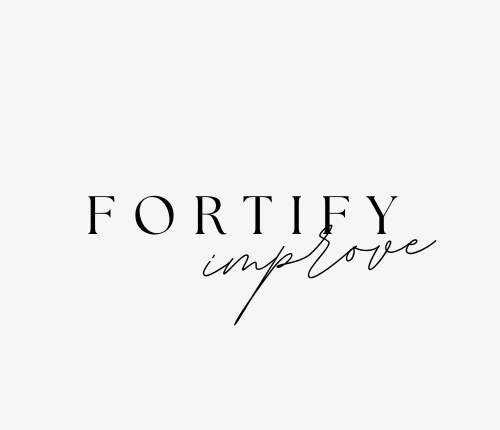Prerequisites for Reinforcement Therapy: Mutual Support – Being Each Other’s Biggest Cheerleaders
In the context of Reinforcement Therapy, mutual support takes center stage as partners embark on a journey of growth and transformation together. It is a dynamic process where both the man and the woman in the romantic relationship are equally affected by the challenges faced in therapy sessions. They learn about their partner’s limits and witness firsthand the profound transformation taking place. In this context, it becomes crucial to support one another wholeheartedly.
Reinforcement Therapy sessions often involve pushing boundaries and exploring new territories, both physically and emotionally. As each partner faces their own challenges, they uncover their limits, vulnerabilities, and areas for personal growth. Through this process, they also witness the same in their partner, gaining a deeper understanding of their strengths and areas of struggle.
Supporting one another during these sessions means becoming each other’s biggest cheerleaders. It involves celebrating successes, no matter how small, and acknowledging the bravery and effort put forth by each partner. It means providing a safe and nurturing space where vulnerability is embraced, and progress is acknowledged and encouraged.
When one partner faces a challenge and surpasses their perceived limits, the other acts as a source of unwavering support. They offer words of encouragement, affirmations, and a strong belief in their partner’s abilities. They become a cheerleader, rallying behind their partner and cheering them on to overcome obstacles.
Moreover, mutual support extends beyond the Reinforcement Therapy sessions themselves. It encompasses the everyday moments where partners witness the transformation and growth of their loved one. They recognize the impact the challenges have had and understand the efforts put into personal development. They actively show their support by expressing admiration, gratitude, and love.
Importantly, mutual support also involves empathy and understanding. As partners delve into the depths of their limits and vulnerabilities, they may encounter emotional hurdles. They may face moments of frustration, self-doubt, or even temporary setbacks. In these instances, it becomes essential for the other partner to provide a compassionate ear, a shoulder to lean on, and reassurance that setbacks are a natural part of growth.
By offering mutual support, partners create a nurturing environment that fosters resilience and personal development. They build a strong foundation of trust and understanding, knowing that they have each other’s back, no matter the circumstances. This support bolsters their confidence, encourages them to push past their limits, and reaffirms their commitment to the relationship.
In the context of Reinforcement Therapy, being each other’s biggest cheerleaders strengthens the bond between partners. They become witnesses to the transformative journey they embark on together. By actively supporting one another, they not only facilitate individual growth but also nurture the growth of their relationship as a whole.



